From humble beginnings over five years ago, locally led mangrove fishery management initiatives are now flourishing in Belo sur Mer and surrounding villages, alongside community-based health promotion and alternative coastal livelihoods in the form of aquaculture. Last month, our team had the pleasure of hosting nature photographer Louise Jasper to capture some of our day-to-day activities.
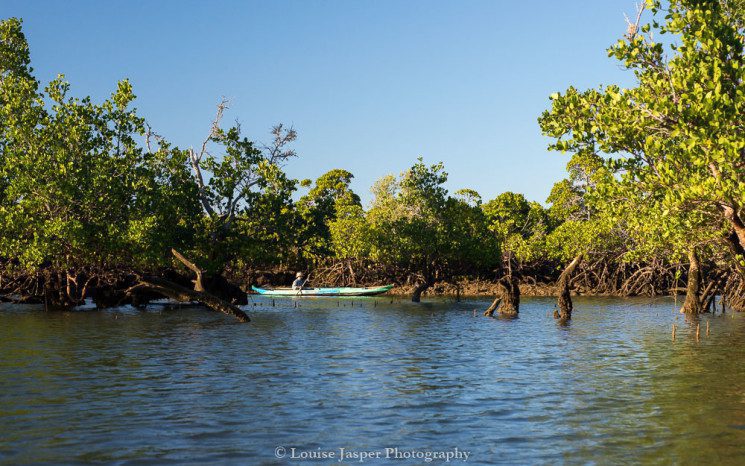
One of the things we’ve been busy doing recently is supporting villages to organise their temporary mangrove fishery closures for 2015. This entails community management committees getting together to decide which areas of their mangrove they’d like to close off to fishing, and for how long (typically around 5 months starting in late June / early July). This can be especially challenging where closures are co-organised by multiple villages, where nearby inland communities also fish in the mangroves occasionally, or where insecurity has led to migration along the coast.
Committees in the villages of Antanimanimbo, Andranolava, Belagnora, Belalanda, Andika and Begamela have now agreed on the terms of their respective fishery closures, and some have even organised radio announcements to make sure that everybody in the commune understands and respects their mangrove management efforts.
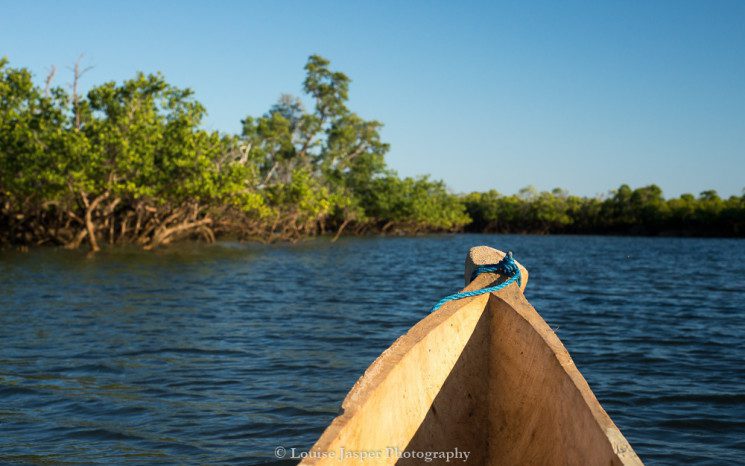
Recently several management committee members had the opportunity to participate in workshops in the regional capital of Morondava! The first was sharing their experiences with WWF and their partner communities north of Morondava, who are looking to replicate the mangrove fishery closure model. The second was sharing their experiences with regional authorities and NGOs, with the aim of jointly identifying marine management needs and solutions.
Meanwhile we’re also conducting research to determine the appropriate minimum landing size for mangrove crabs, with the aim of informing national fisheries policy.
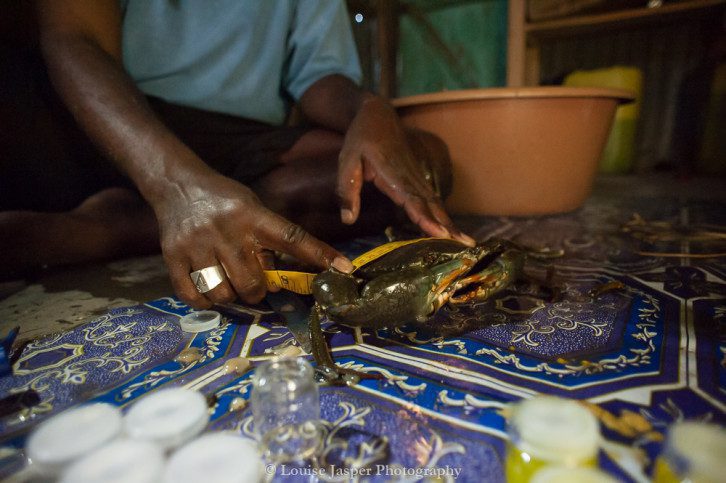
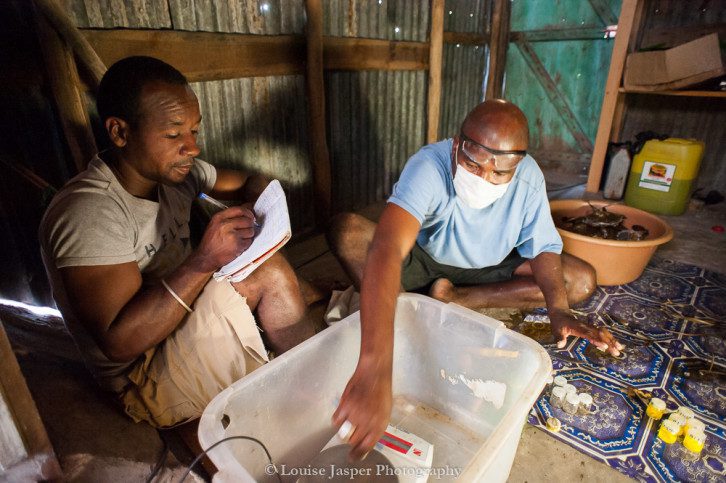
This involves comparing the length of crab bodies to their level of sexual maturity (related to the size, shape and colour of their gonads), so basically dissecting a lot of crabs and examining their gonads!
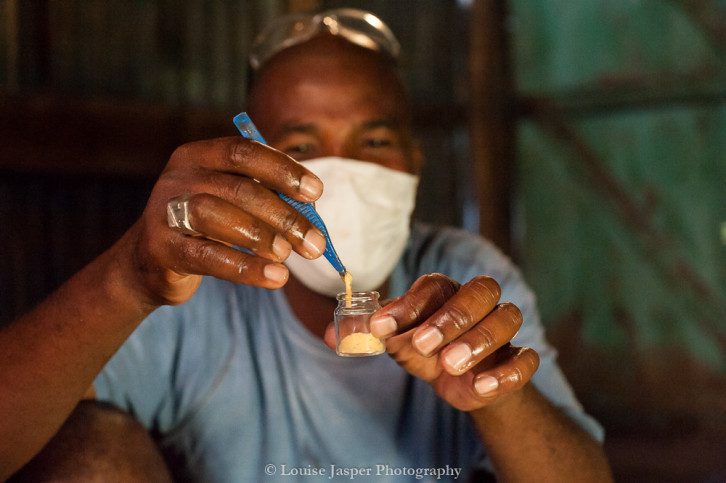
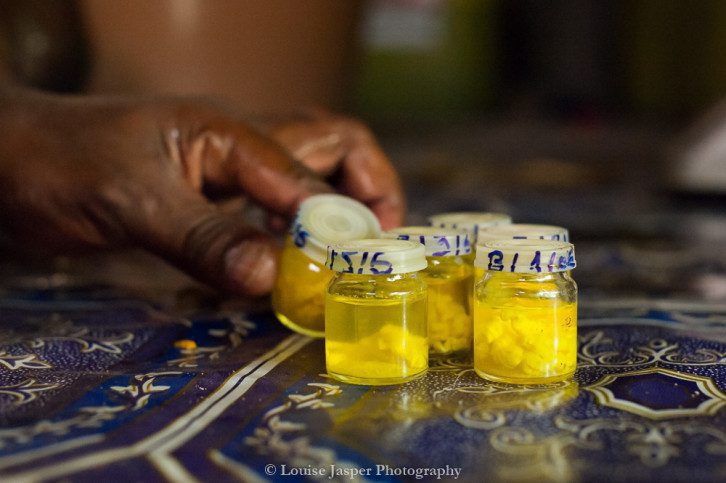
Our work in Belo also incorporates community health promotion, and in June we welcomed Christian as our new community organiser for this initiative. The local women who had previously been trained as community-based distributors (CBDs) of contraceptives have just received additional training in the management of common childhood illnesses (diarrhoea, respiratory infections and malaria) by our partner JSI/MAHEFA*. Later this year they will be trained in WASH and nutrition, and then they can be fully integrated into the Ministry of Health’s system as community health agents!
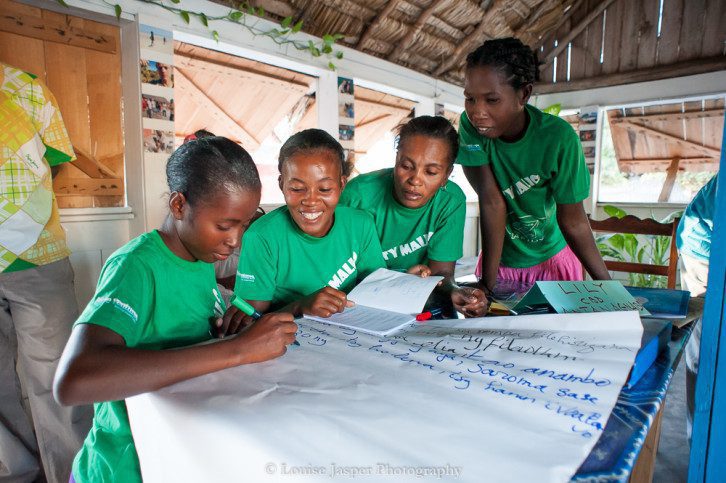
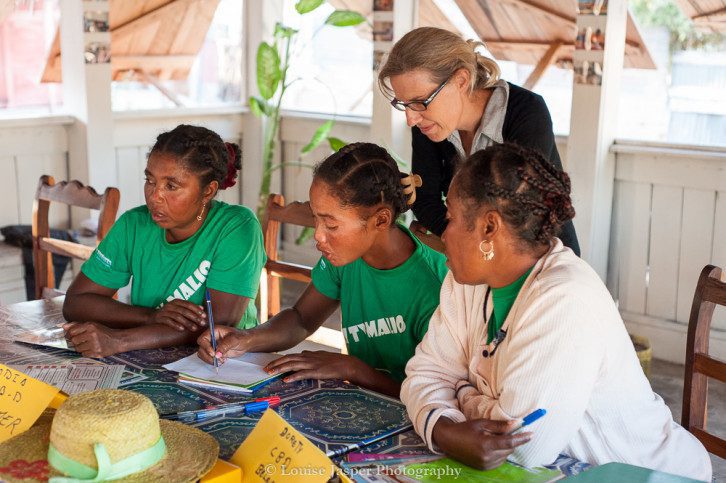
In order to promote the uptake of these community-based health services and associated health-enhancing behaviours, we’re also supporting our CBDs to do a variety of village outreach and behaviour change communication activities. These include facilitating small group discussions and giving community presentations that explore the links between family planning, food security and marine resource management. Building on a very dynamic interactive theatre initiative launched at the middle school in Belo earlier this year, which enabled young people to think critically about their sexual health choices, we’re also working with the school teachers to plan a series of follow up workshops for the next academic year, and looking to expand these to reach out-of-school children in the villages around Belo sur Mer.
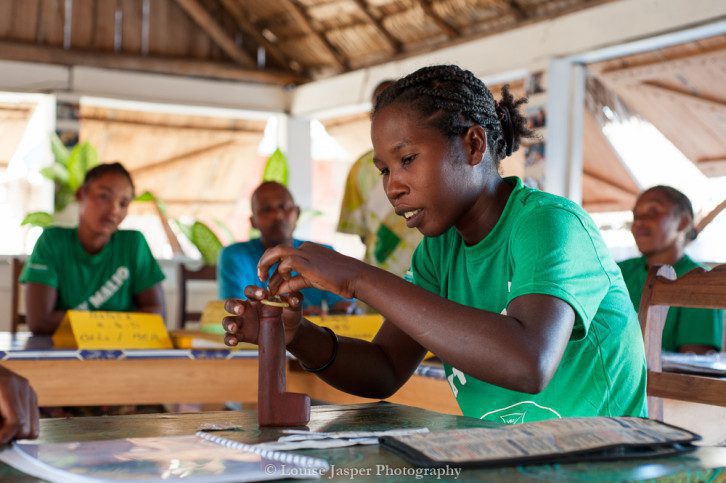
And last but by no means least, our nascent aquaculture project continues apace, with technicians working on seaweed propagation in various sites around Belo and Menaky!
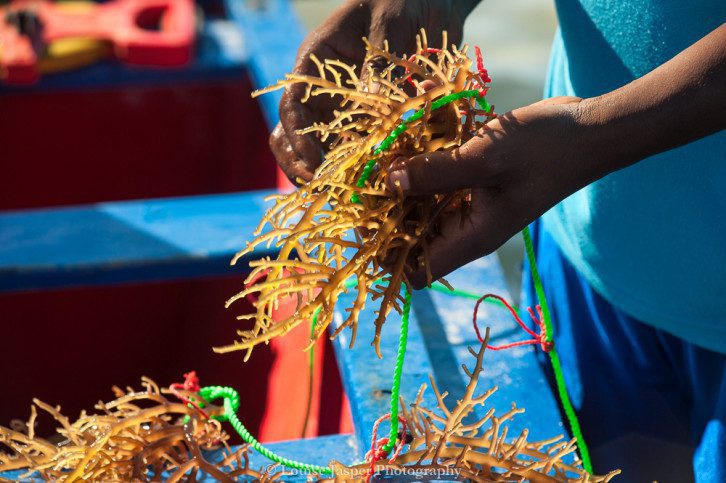
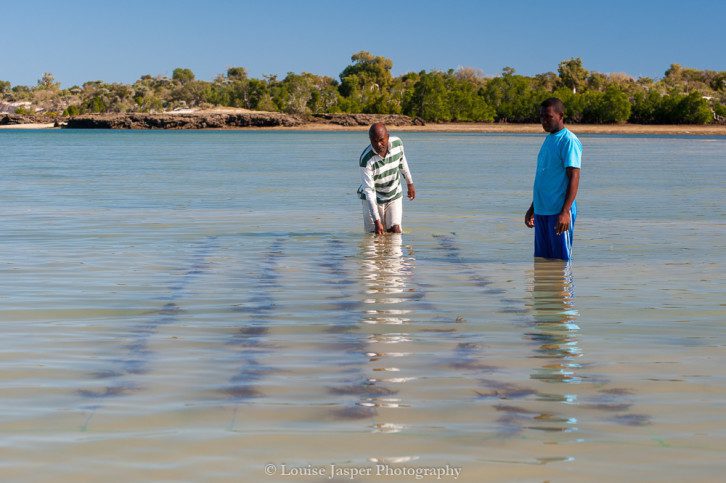
The results are looking very promising so far, and we’re preparing to select and train our first cohort of farmers soon. This community-based aquaculture initiative should help to diversify coastal livelihoods, and provide villagers with a new source of income.
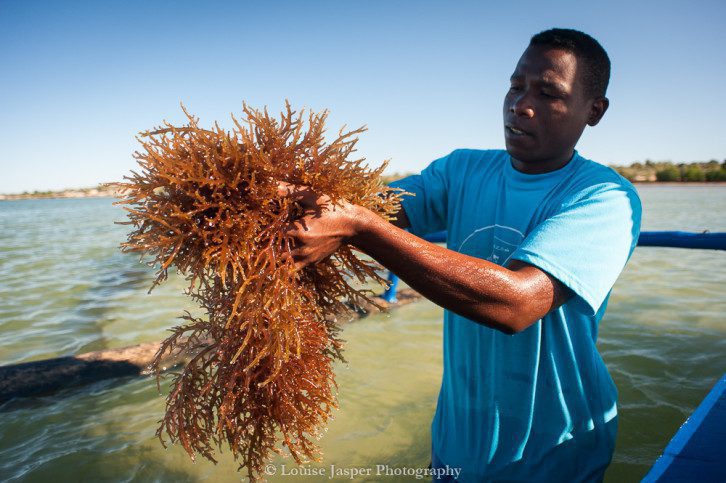
By the end of the year we hope to have 50 active seaweed farmers, so watch this space for further progress updates…
*With thanks to our partner JSI/MAHEFA for their valuable collaboration: The USAID-funded Madagascar Community-Based Integrated Health Project (CBIHP), known locally as MAHEFA, is a five-year program (2011-2016) implemented by JSI Research & Training Institute, Inc. that provides basic, quality health care to isolated populations in six of Madagascar’s most remote regions.

